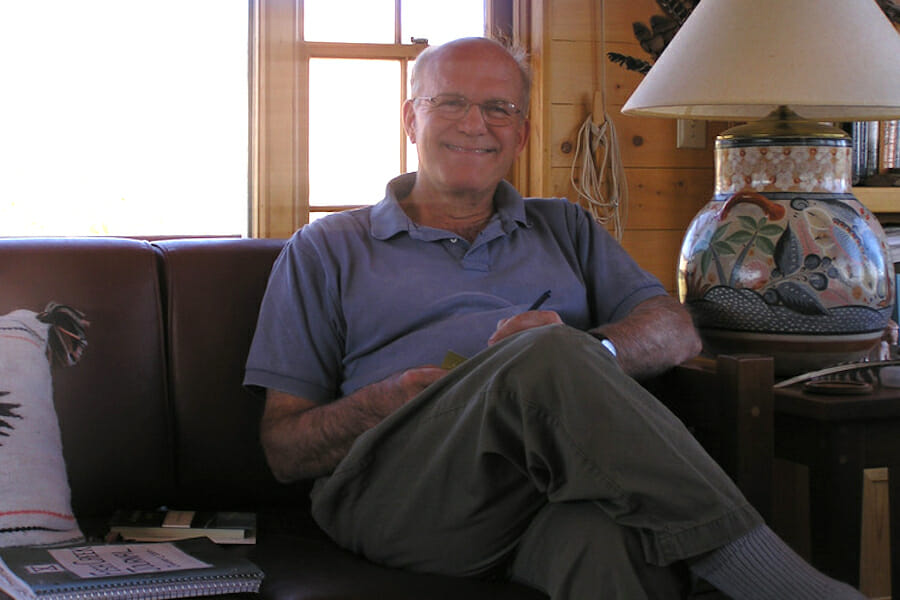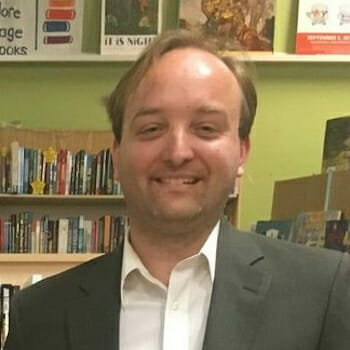
Books
Remembering Fred Anderson: Writer, Mentor, and Friend
The late Frederick “Fred” Randolph Anderson was a man of deep learning and great heart. His imagination seemed kaleidoscopic. Others surely knew him as an ace lawyer, professor, and environmentalist. I knew him best as a writer, mentor, and friend. When I first met Fred, we talked about books and the writing process for several hours over lunch. He had recently published his first novel, Falling Together, under the name Randolph Anderson. He was eager to follow up with a new novel, Washington. So we discussed the fiction market and the world of literary agents.
Probably the most fun we had was telling what we knew about the Lost Generation. Fred insisted that I reconsider Ernest Hemingway’s A Moveable Feast, since a new version had been released with more text and a fuller picture of the period. I pressed him to read my grandfather’s memoirs, The Best Times. Eventually, he gave me a signed copy of Falling Together and he bought a copy of my book, Walkin’ Lawton. I gave him a copy of The Best Times.
I think our friendship was founded on books. We both loved environmental policy and he generously supported my aims in that arena. But we mostly talked about storytelling and language. He was a man who prided himself on the number of books stacked on his night table.
Fred and I both were Francophiles and Francophone. He marveled at the realization that his French was strengthening as he got older, contrary to conventional wisdom about aging. He spoke with a fine accent and wrote the language handsomely. Shortly before he died, he was writing about the possibility of traveling to France again. I’m sure he had many friends across the country.
My clearest memory of his fondness for words is an occasion when he hunted for a particular word’s origin on his smartphone. We made guesses at the language family, Romance or non-Romance. I think I guessed that it was Germanic. I remember his smile when he found the answer.
The last words he spoke to me, as I recall, were “take care.” Before that was wordplay. He said something about a “figment of the imagination,” and then followed up by saying, “Or, as my family likes to say, a ‘Fig Newton of the imagination.’”
Fred had sterling educational credentials: Harvard Law School, Oxford University, and University of North Carolina at Chapel Hill. He had multiple successful careers: he was a partner at McKenna, Long & Aldridge; dean and professor at American University Washington College of Law; and the first president of the Environmental Law Institute.
For certain, it’s a time to mourn the loss of an intellect. In another era, he would have thrived at the salons of Paris or the tertulias of Madrid. But equal in distinction was his character—his vast sums of mentorship, generosity, and fellowship. Fred’s unflagging friendship never forgotten (he would appreciate the alliteration).
